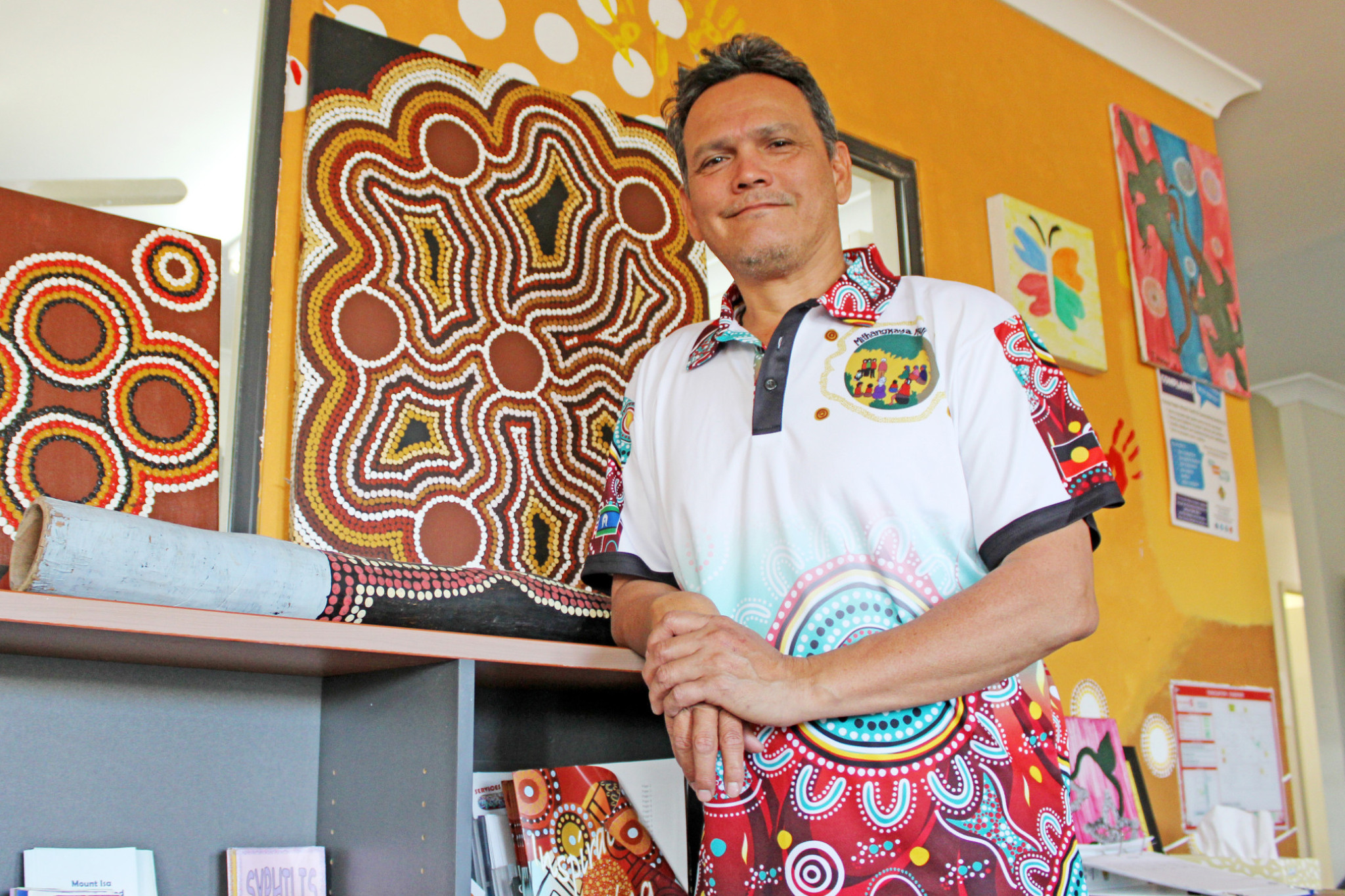General News
4 June, 2025
Don't let youth 'opt out' of On Country program
Alvin Hava says intensive On Country programs must be a mandatory punishment for repeat offenders.

Intensive On Country programs must be a mandatory punishment for repeat offenders caught in the youth justice system, says Mithangkaya Nguli boss Alvin Hava.
Mr Hava, who is the Young People Ahead Indigenous Corporation general manager, said the existing government requirement for young offenders to voluntarily agree to enter On Country programs was not working.
He said all stakeholders across the justice system should be advocating for On Country programs to become mandatory, especially for repeat offenders, who are the least likely to volunteer for counselling courses.
“Our Elders don’t want to see young people coming back to community and basically going back to doing the same thing –this needs to stop,” he said.
“Our Elders and for the most part, our community, are saying to us ‘these kids have continuously been picked up by police and charged that many times for crimes, locked up and they just return doing the same thing.
“Elders in community wish for referrals to the Intensive On Country program to become mandatory, and referrals to be widened to include the magistrate court, police and child safety, as well as families who have young people continuously spiralling through the justice system.
“What we have experienced as a corporation is the longer a young person has a history in and out of the system, they are less likely to not engage on a voluntary basis.
“The days of having young people voluntarily refer into service is outdated and as a corporation we wish for referrals into the Intensive On Country program to be broadened out, so as we can nip things in the bud before young people escalate further into criminal behaviours and erode individual and family wellbeing and community safety.”
Mr Hava said the referral system for young offenders needed urgent review as some young offenders that Elders had requested be placed into On Country programs had faced repeated bureaucratic hurdles, in which time those young people had re-offended and entered detention.
“It’s clearly evident to everyone that the system needs a huge overhaul,” he said.
“There are young people coming out of detention whom the corporation wishes to strengthen their transition with a back to community plan.
“For many months, the corporation has requested certain young people to be referred into the program, to stem their criminal behaviours, like stealing the cars – but sadly these referrals are not quick enough to divert them from these acts – with certain young people now going back to detention.
“Mithangkaya Nguli wish to advocate to the Department of Youth Justice to have us firmly involved in that transition process back to community and understand there is a lot of work that needs to happen internally within the statutory space for this to happen.”
“Everyone in this group should be involved in discussions around case planning so that everyone is in agreement, especially the young people and their family and guardians back in community, so that a strong plan of support is in place, especially when they return to community after a period of detention.
“We are advocating that a whole system process audit needs to be reviewed, especially how community-based organisations, such as ours, need to work intensively with young people and their families as part of the program to stem the overwhelming number of First Nation children in the criminal justice system.”